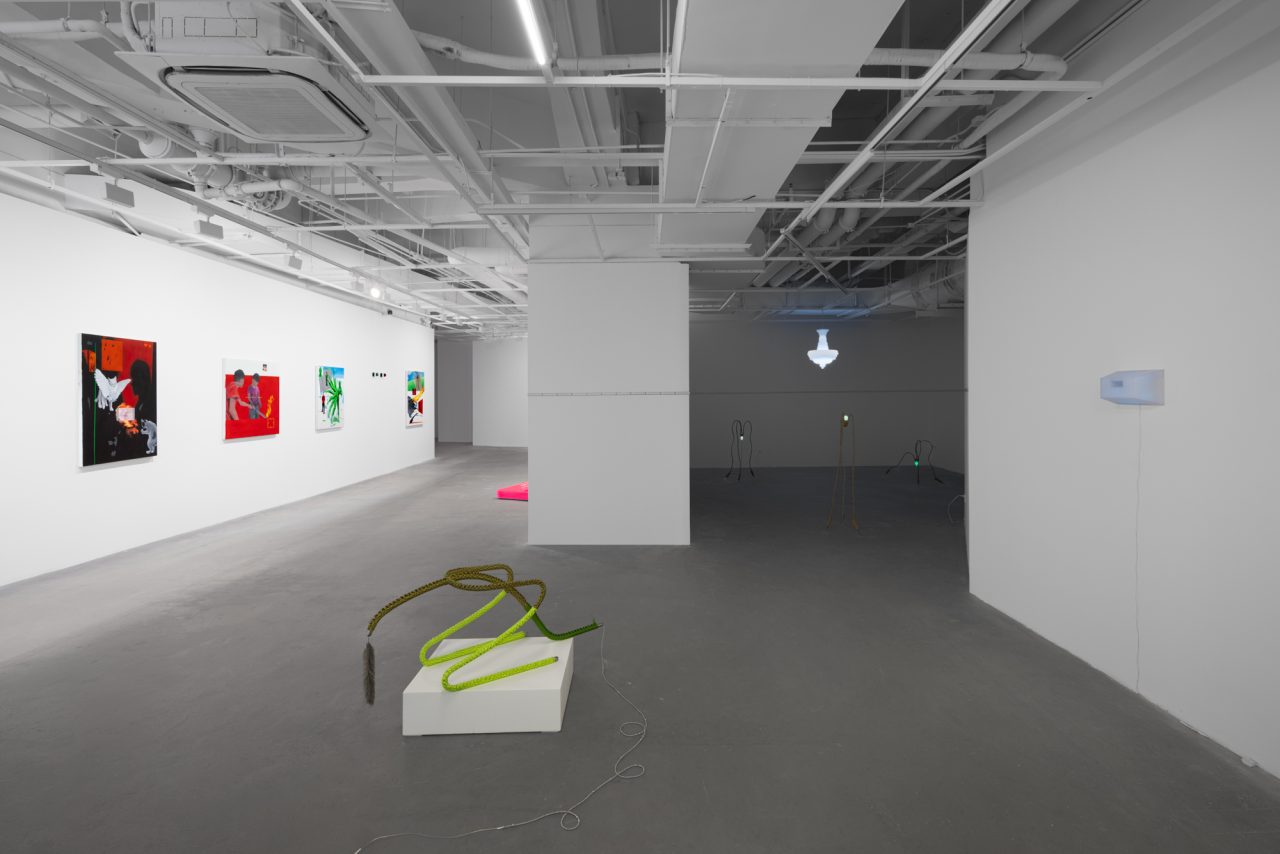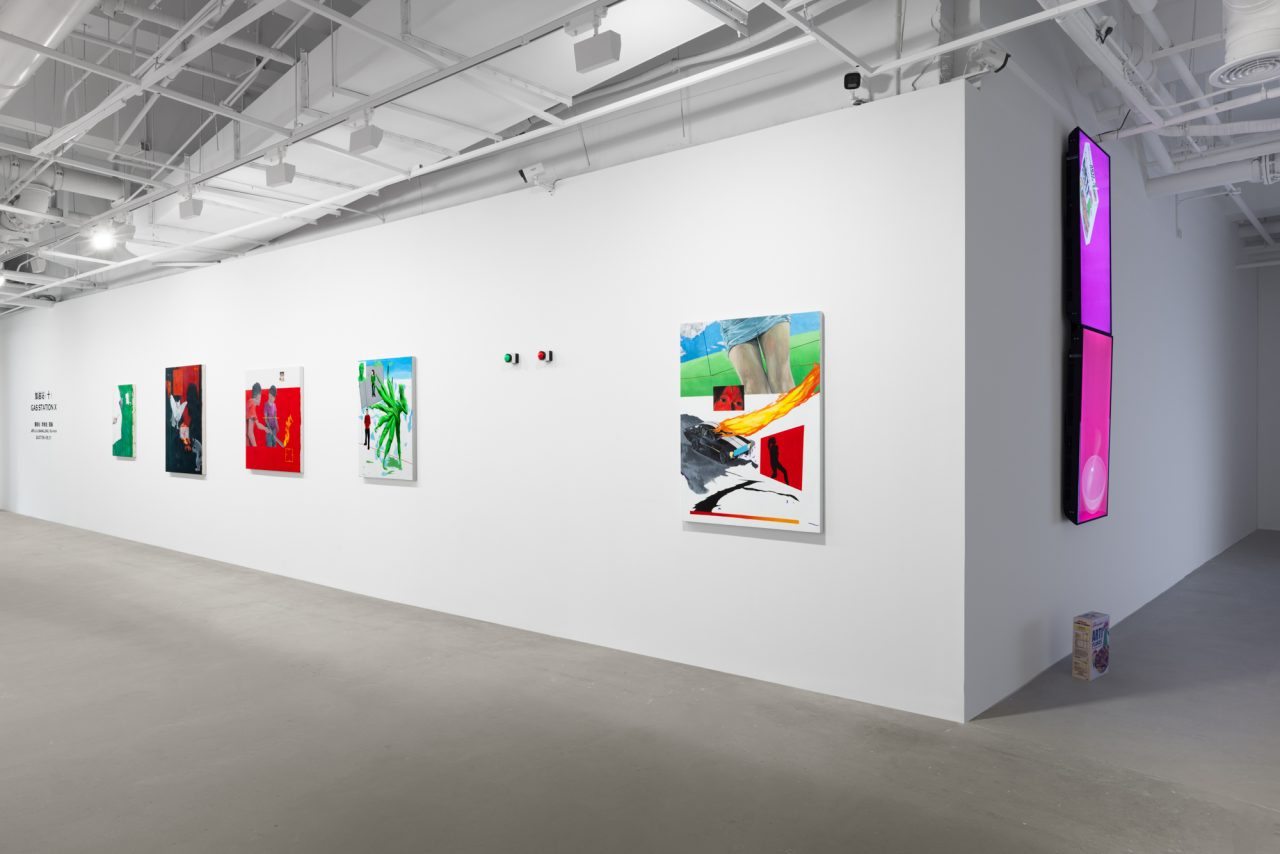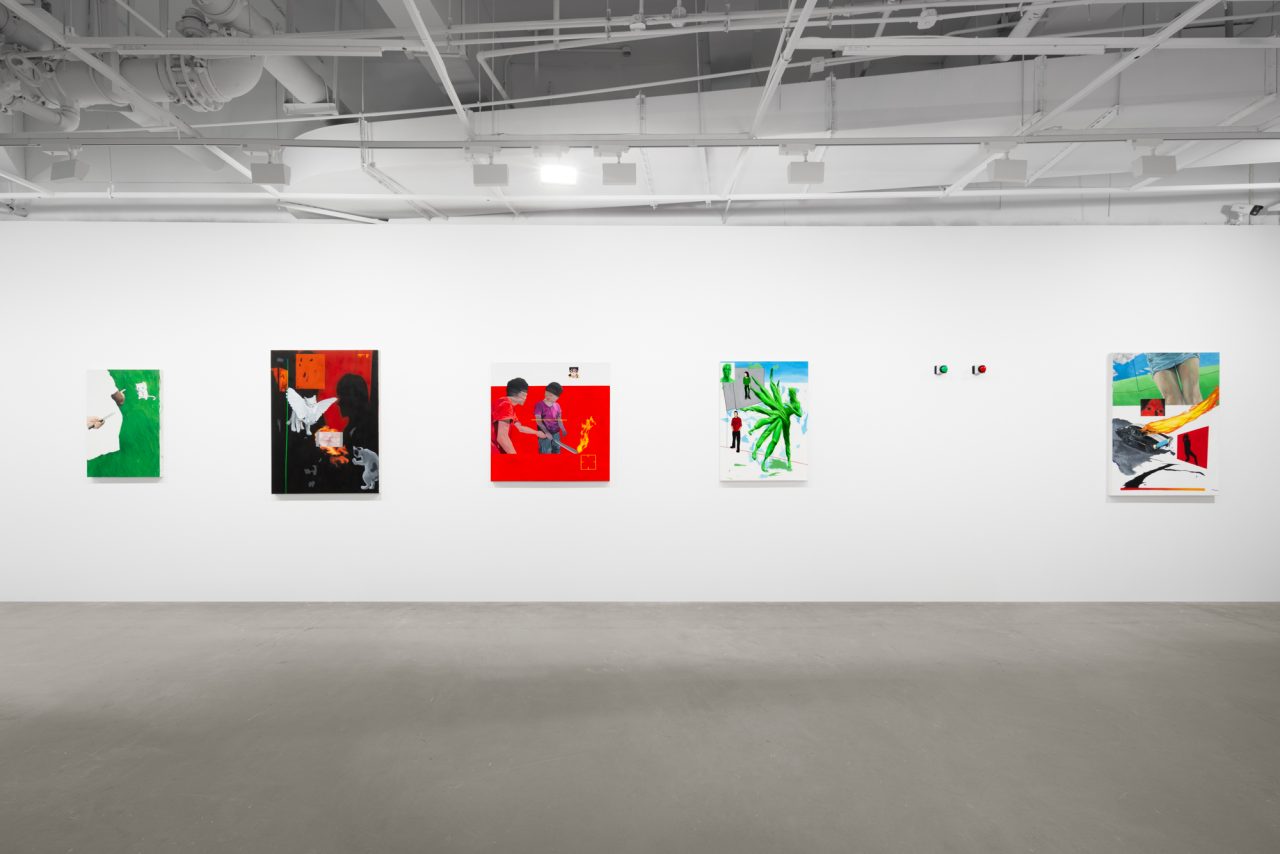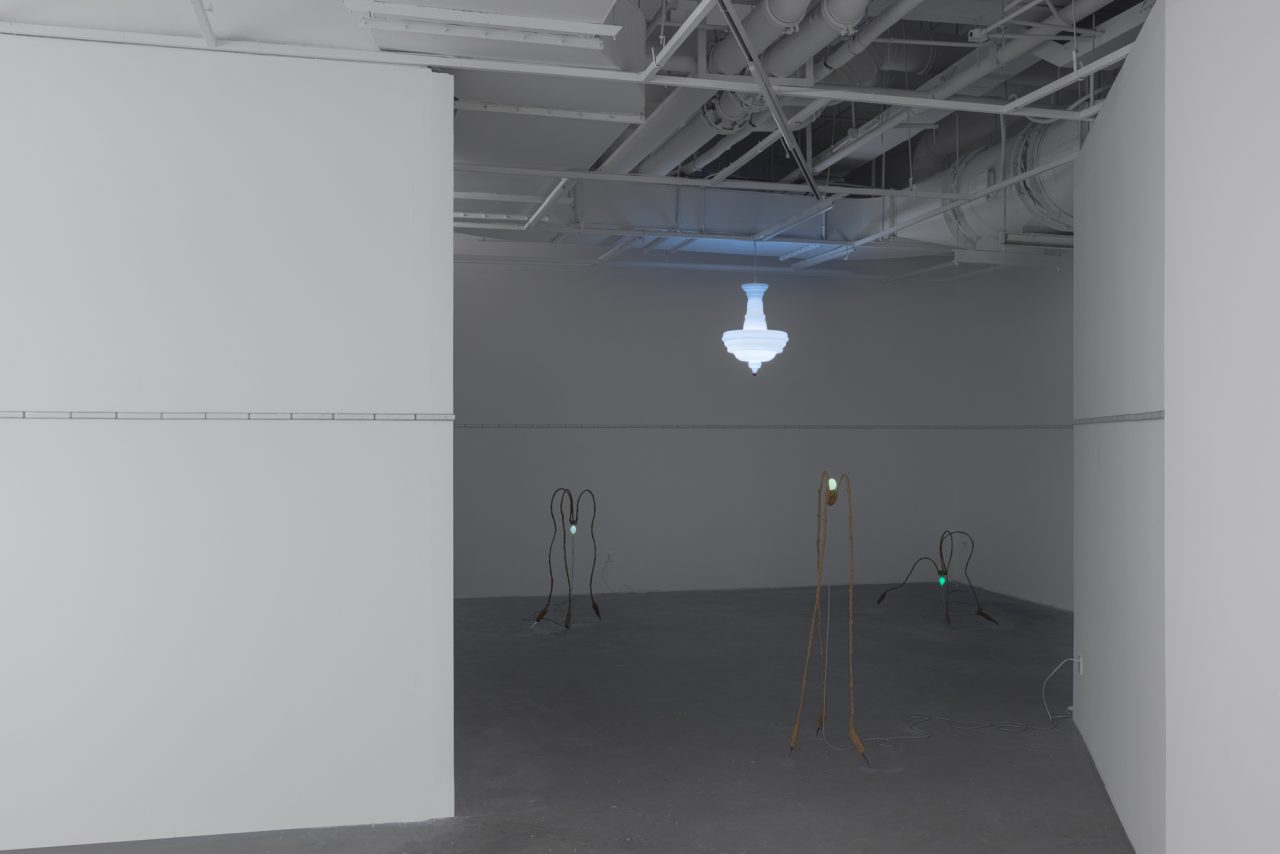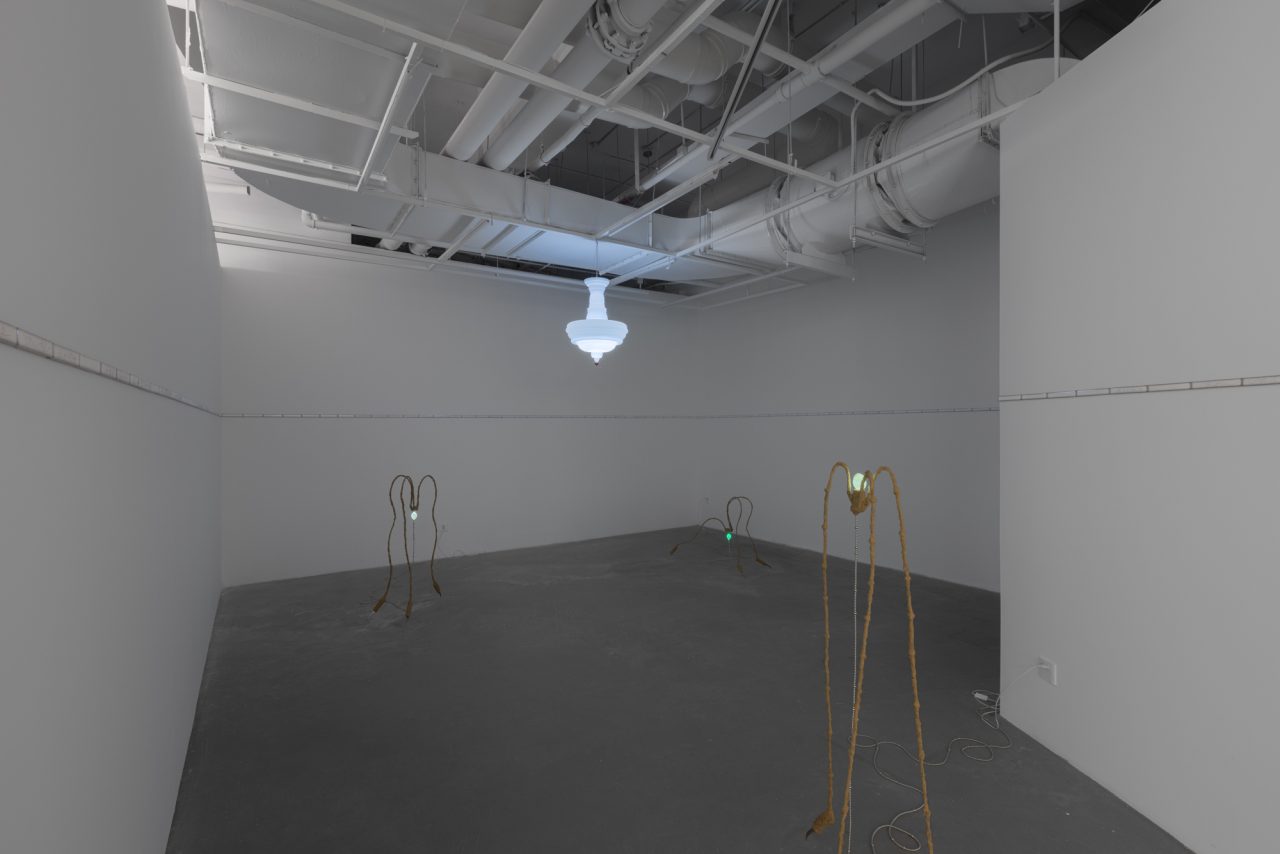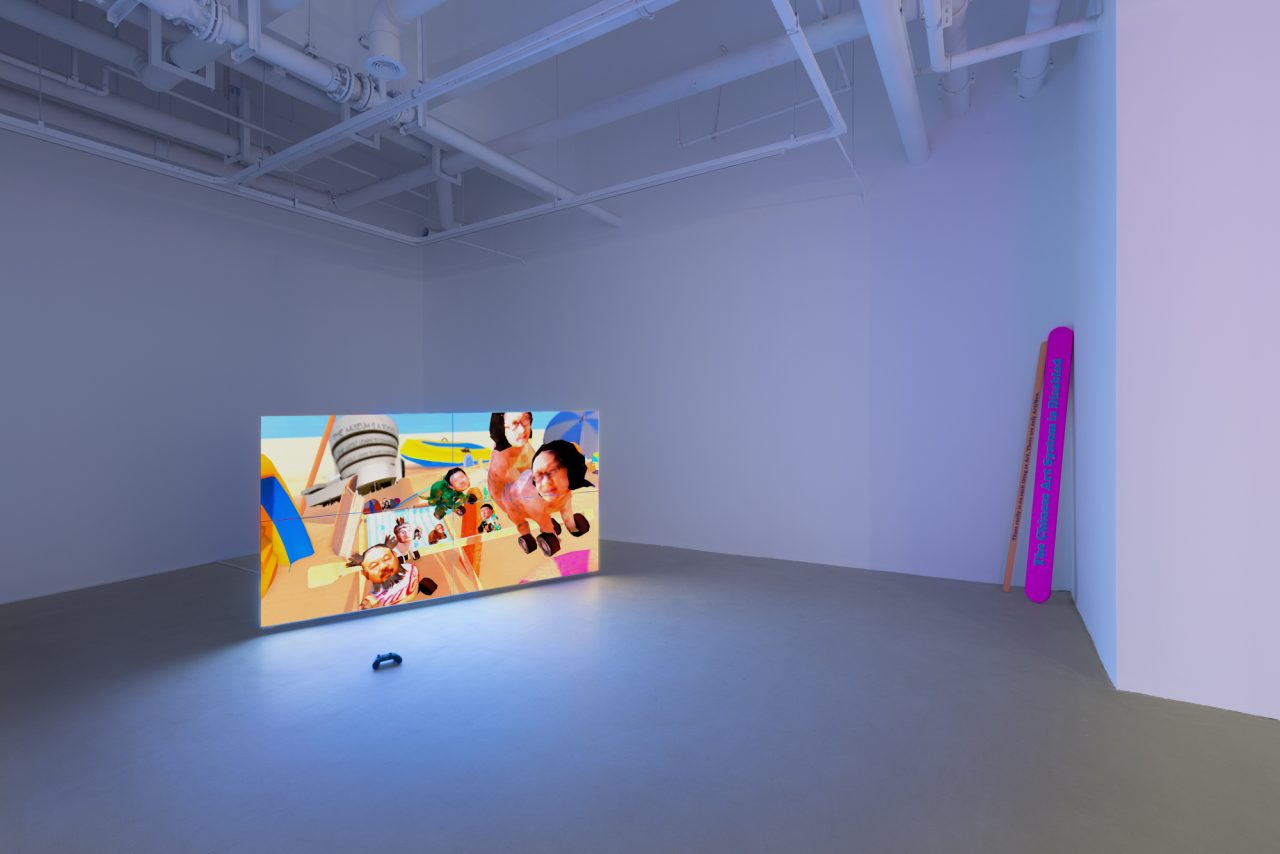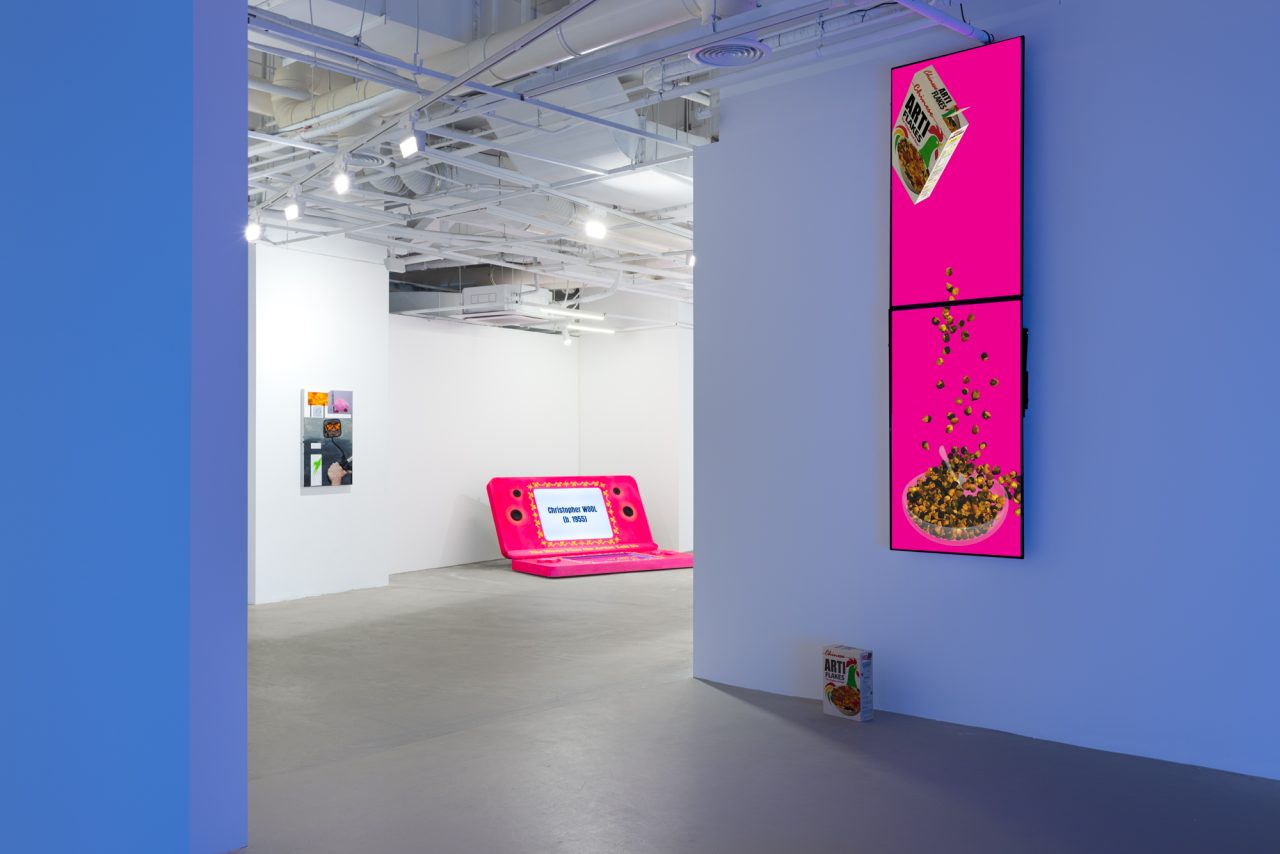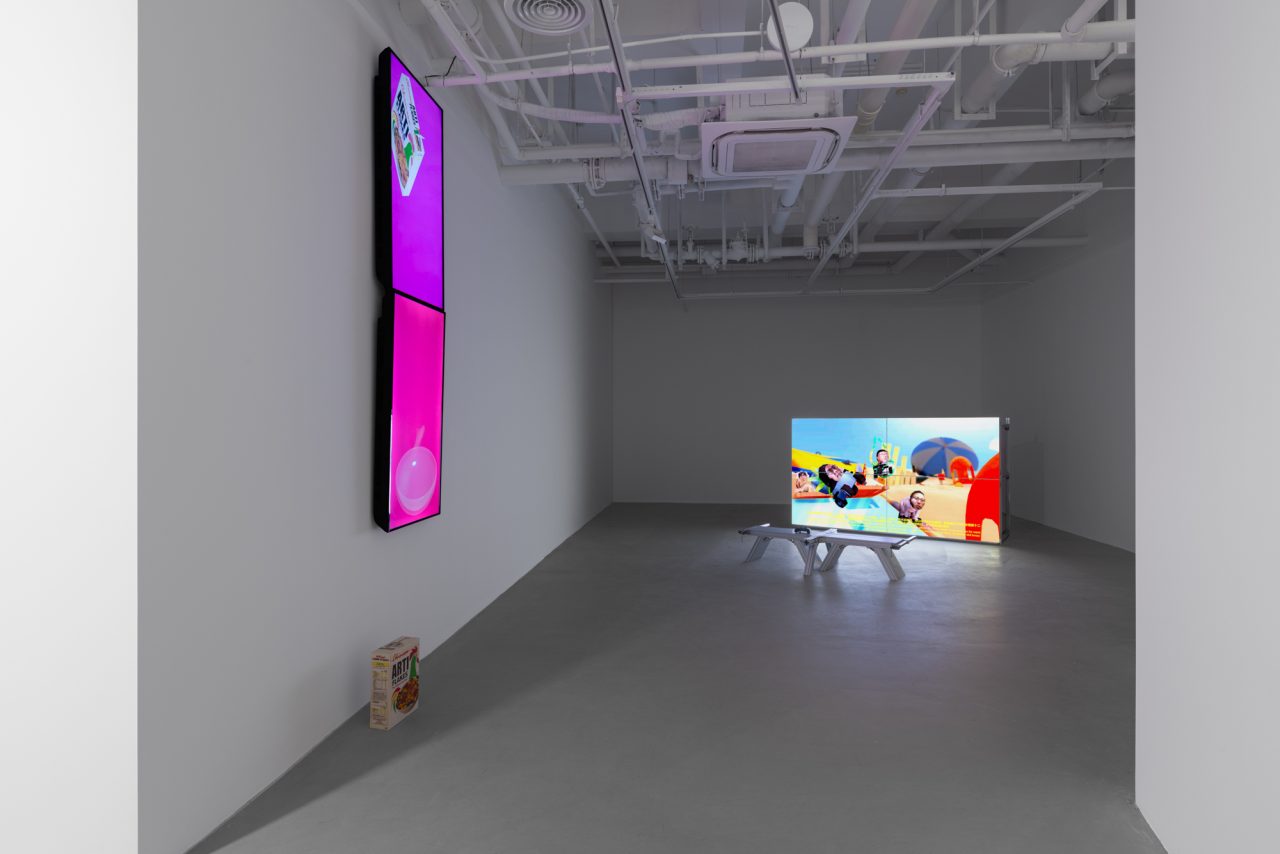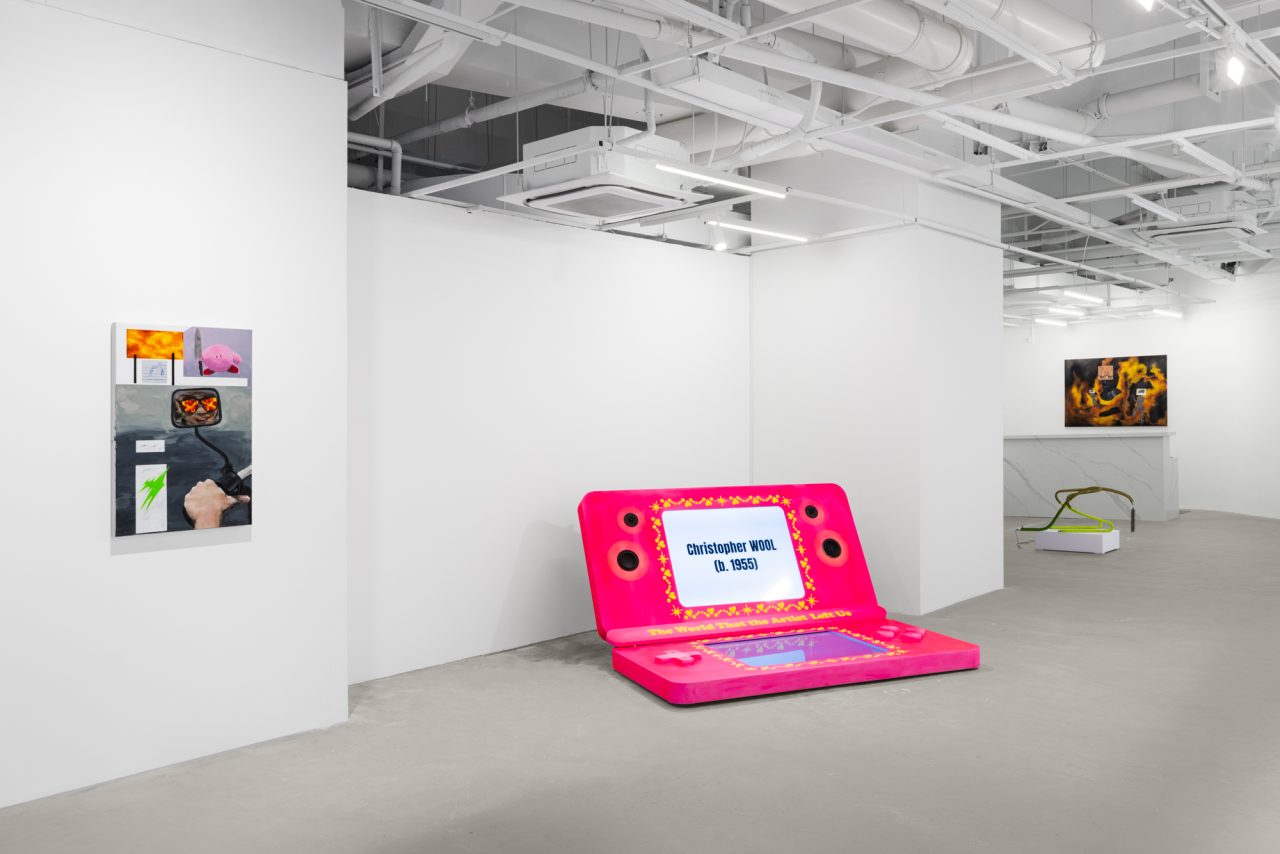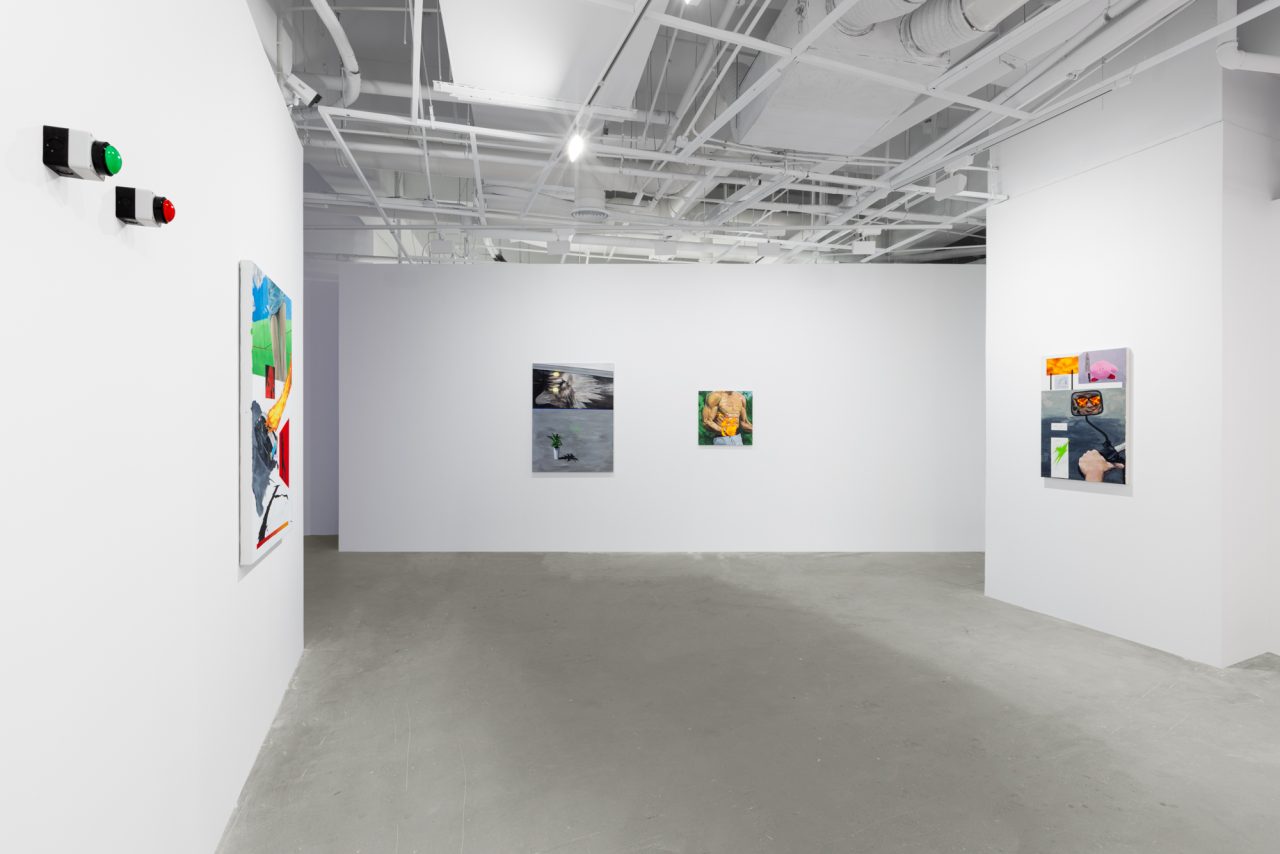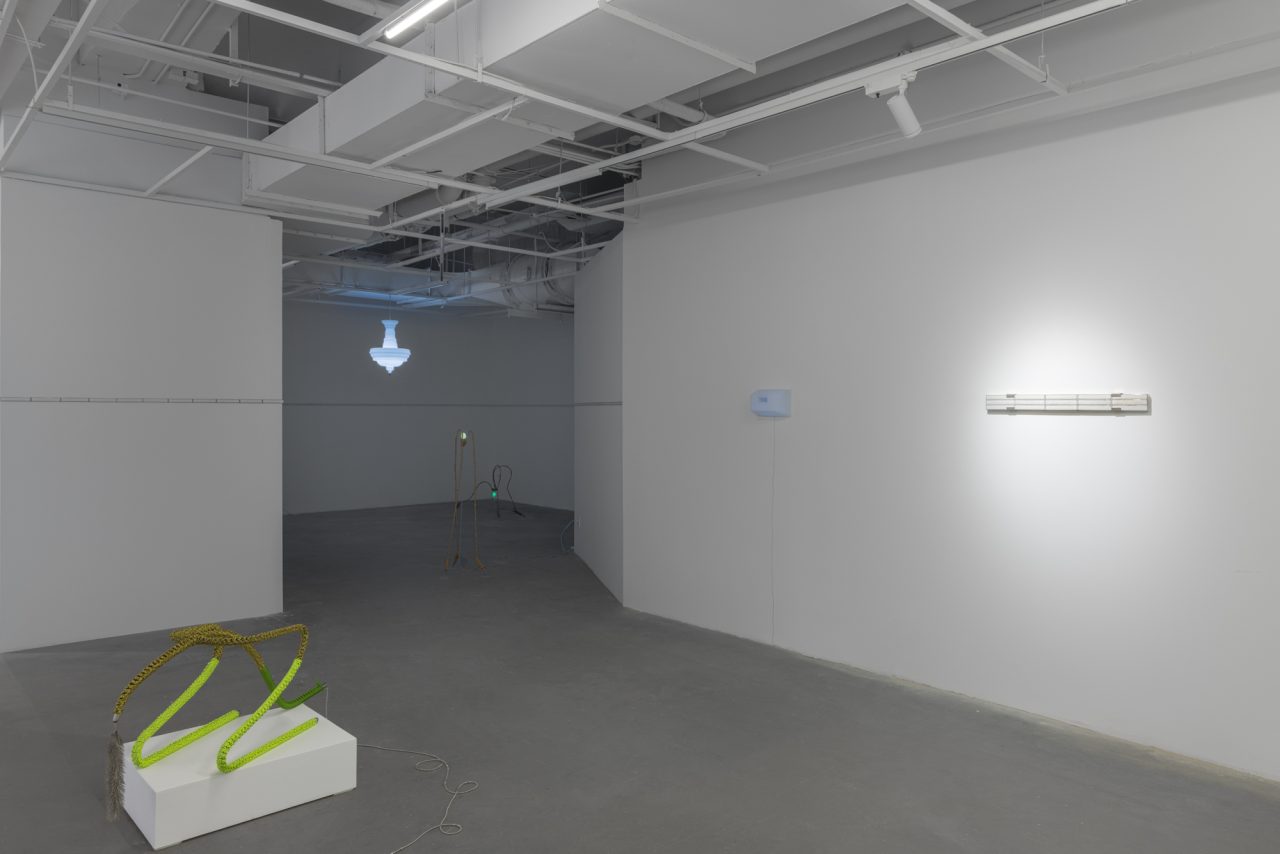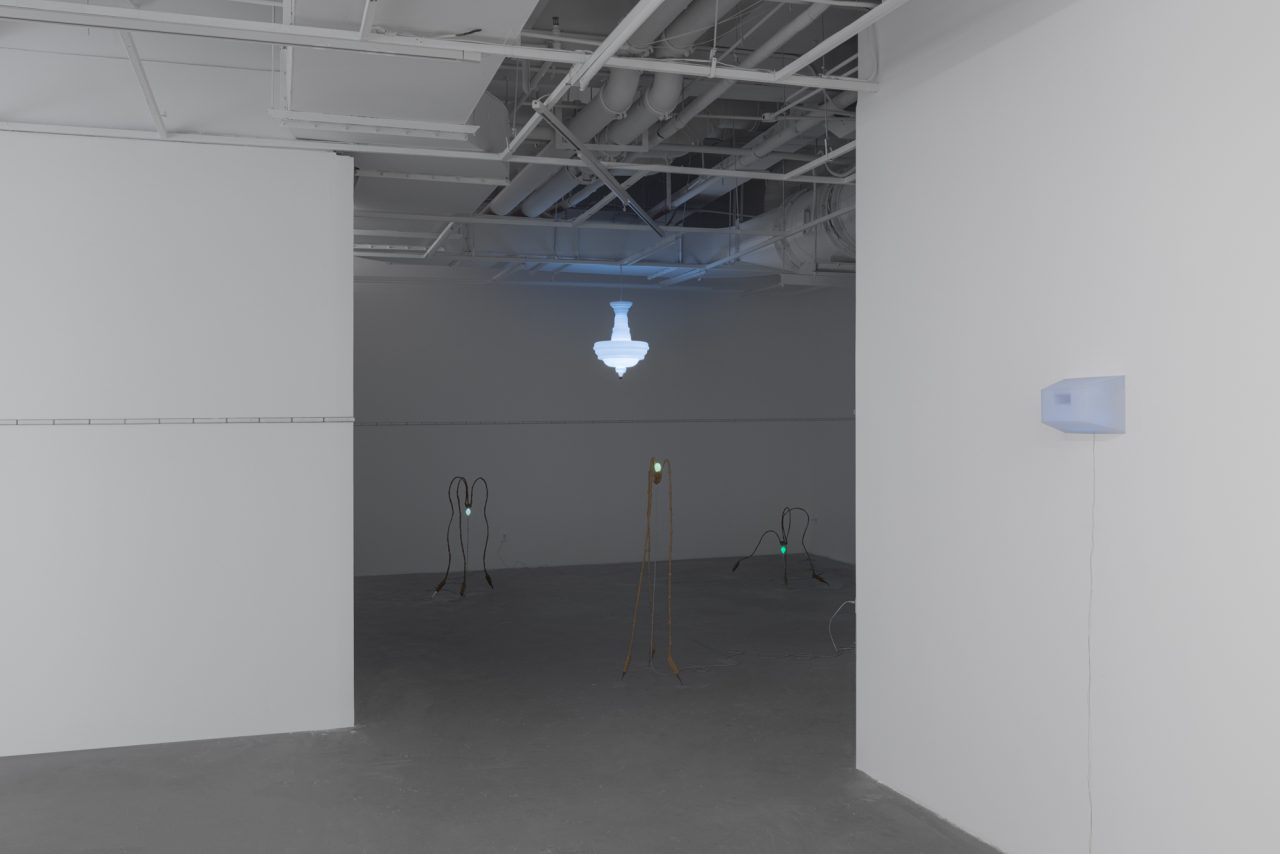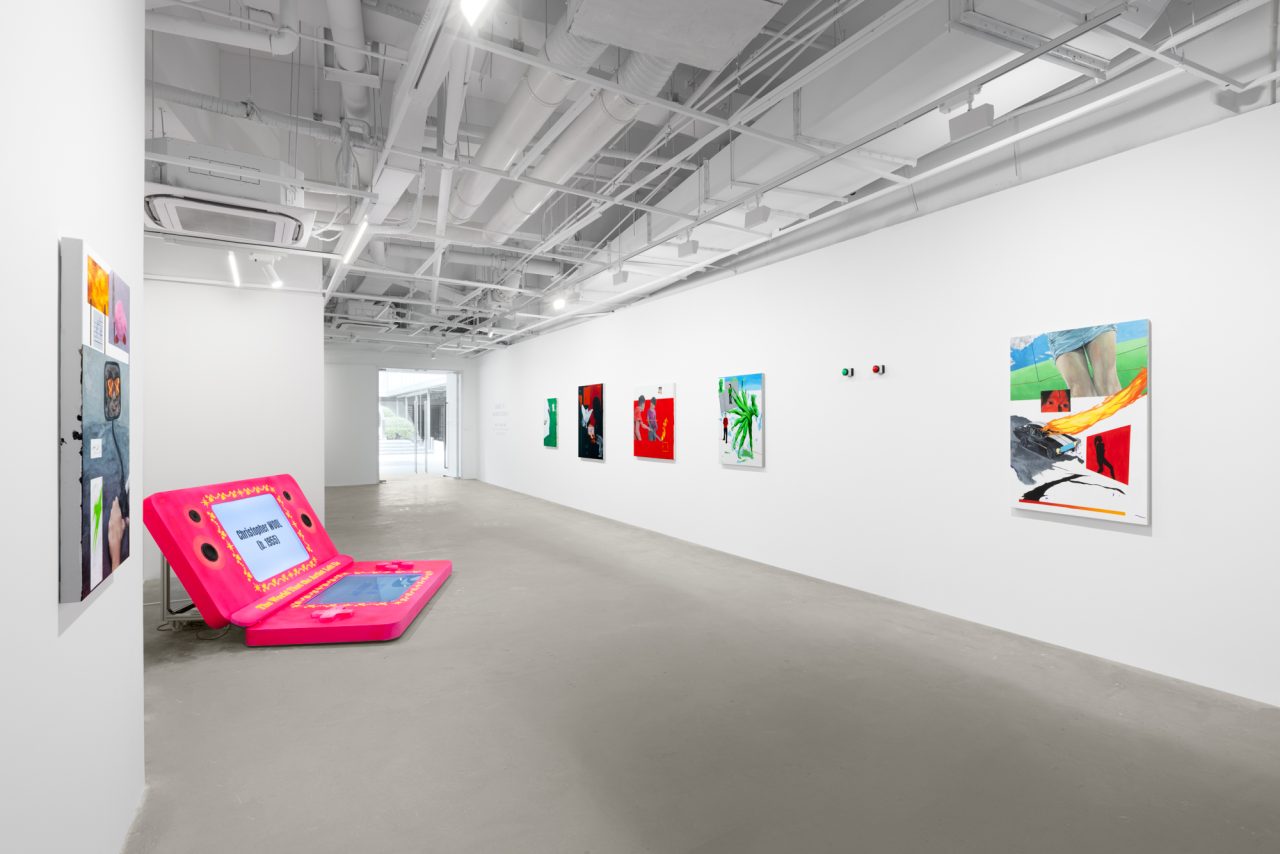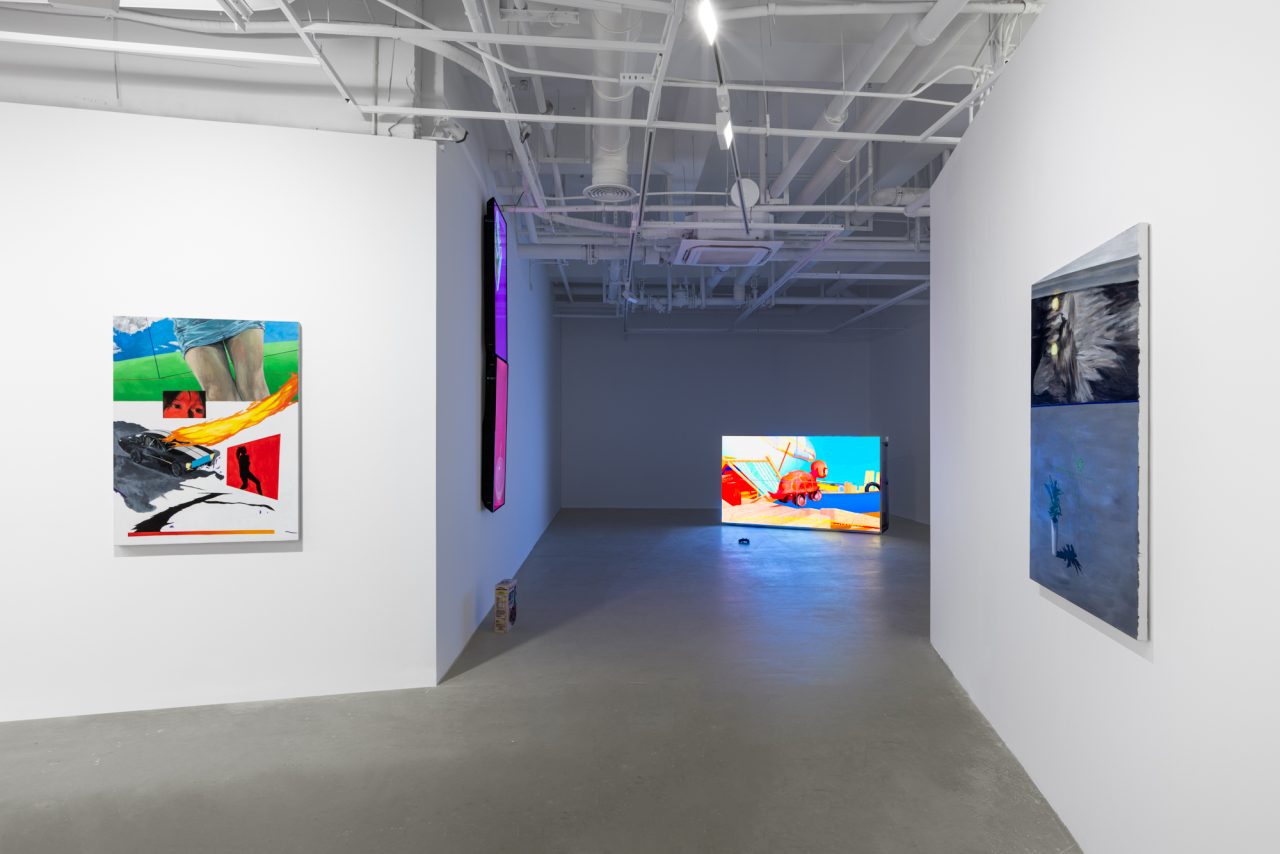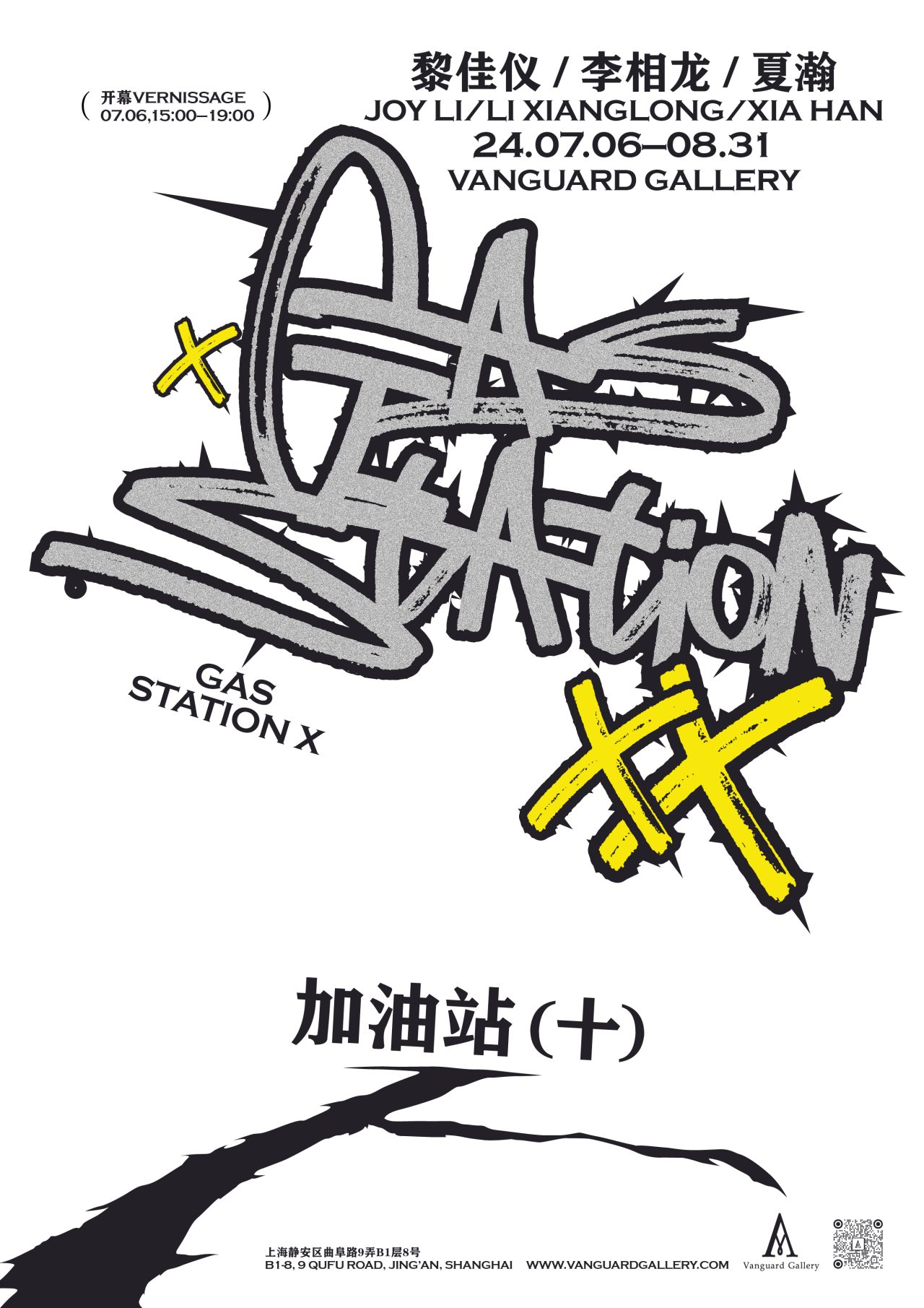
Launched in 2008, Vanguard Gallery’s Gas Station series provides a platform for provoking the potential and imagination of young artists, from which sparks, with new energy being continuously input, burst out not only between artists but also between the gallery and artists. Vanguard Gallery will present “Gas Station Ⅹ” on 6 July, showcasing recent works by Chinese artists Li Xianglong, Joy Li, and Xia Han.
The tenth presentation of the Gas Station project places the focus on artists born in the 1990s. As a generation that grew up alongside electronic products, the internet is an inseparable ideology, a decentralized mode of thinking, and an irreversible cognition for them. When the virtual world presented by screens and digital interfaces alters our tangible existence like invisible cyber limbs, this generation autonomously embraces the virtual landscape created by the internet and seamlessly transform it into reality. Contrary to urban prophecies, the senses of the younger generation are not numbed by the presence of the internet; instead, their neurons thrive in the void, capturing messages from electromagnetic waves and translating the flux into a distinct artistic language.
Li Xianglong’s work involves the appropriation of symbols to design and adapt social events and daily life, focusing on the cultural dislocation and fragmentation of information brought about by modern communication methods such as pop culture and internet images. His works, which include paintings, videos, and 3D model animations, reconstruct a kind of observation and reflection that lies outside mainstream language through seemingly playful and absurd images.
Joy Li’s creations span various media, including sculpture, performance, theater, music, and video, exploring relationships and boundaries between different individuals, as well as between individuals and collectives in society. Centered on sculpture and performance, Joy Li reshapes body and space through the dramatic effect of “distancing,” allowing the audience to experience a dual sense of intimacy and unfamiliarity with everyday objects such as light, hair, and water droplets.
Xia Han’s work mainly utilizes game engines and cinemagraphs, focusing on the discussion of consumer culture, human rights, and the ethics of technology. His works amplify, deconstruct, and reconstruct details of reality, using imagery and metaphors to create apparently strange virtual landscapes, often with a pessimistic tone. Currently, he is using video games as an index for his research on their unique language and as a communication medium.
Installation View
Artworks

Li Xianglong|Hello, Image
91.4 x 121.9 cm
2024
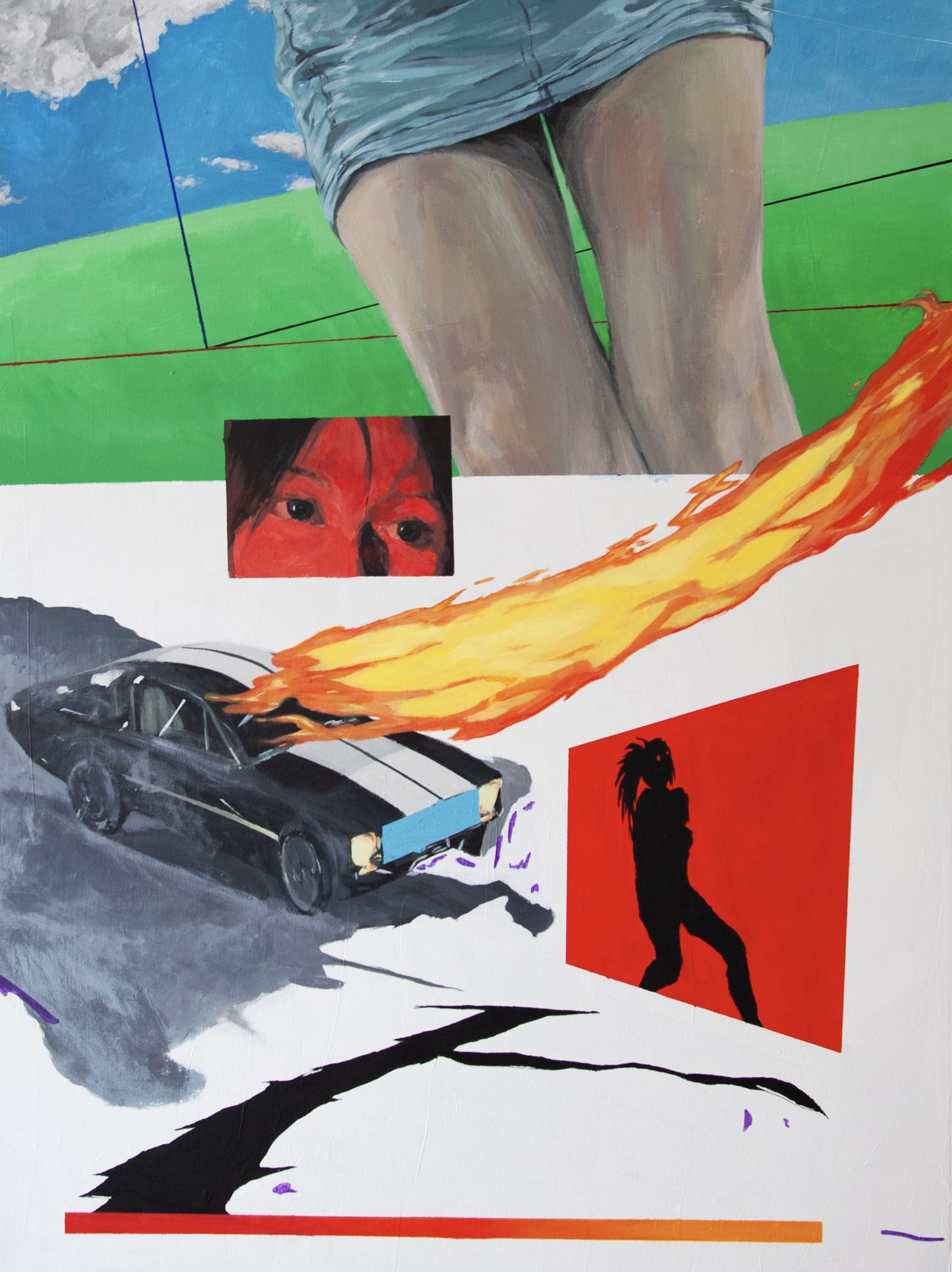
Li Xianglong|Diamond
91.4 x 121.9 cm
2023
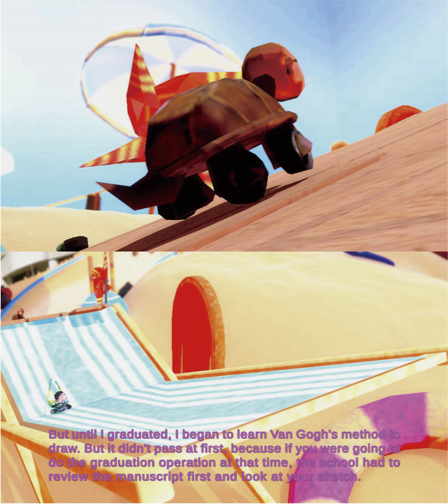
XIA Han
Artimon Kart
2023-24

Joy LI
I Never Want to Feel Like This Again
47 x 47 x 63 cm
2024
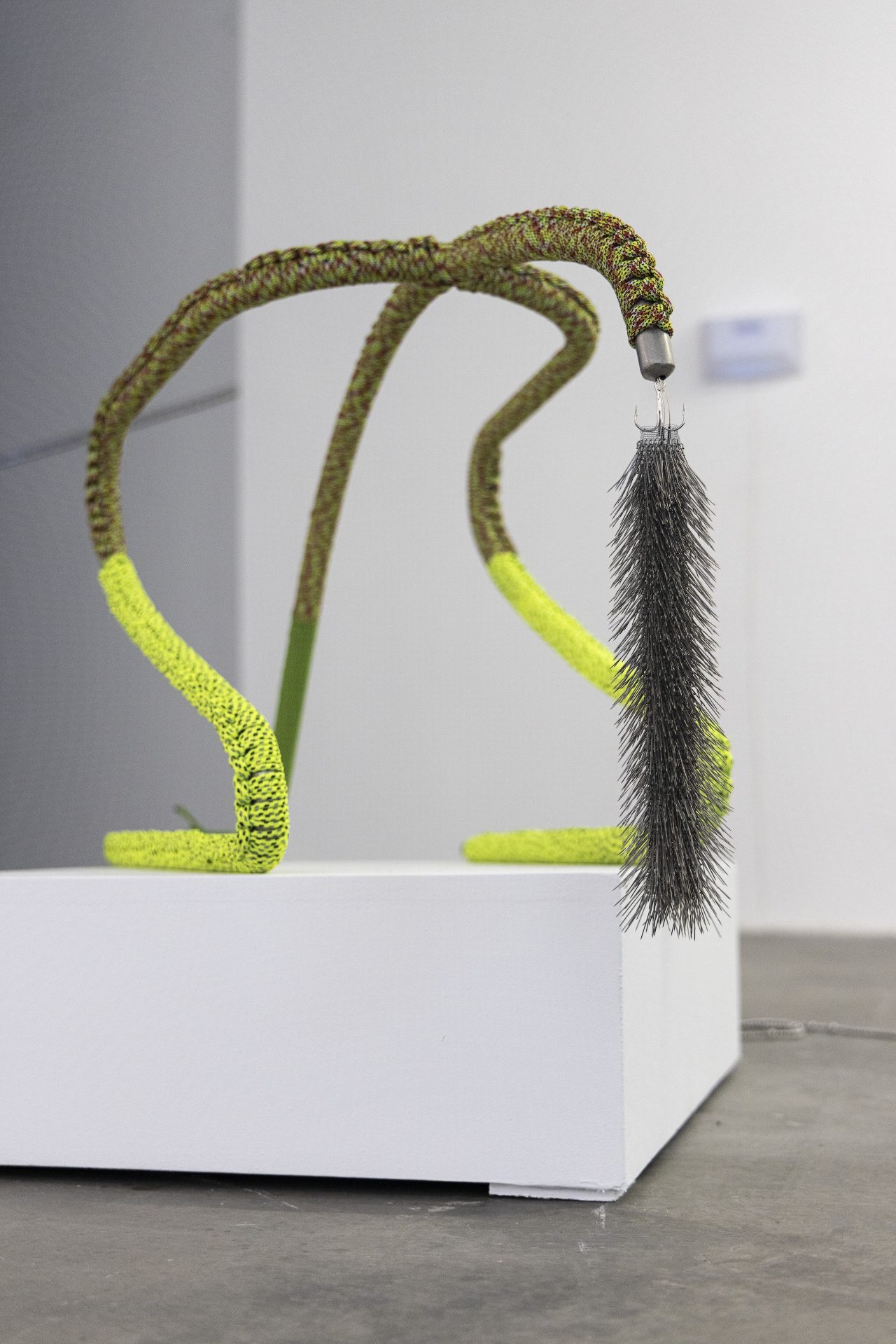
Joy LI
Rattlesnake
135 x 43 x 49 cm
2024

Joy LI
Illusion No.1
42 x 40 x 135 cm
2024

Joy LI
Illusion No.3
102 x 47 x 81 cm
2024

Joy LI
The Door Will Open for You, But Where Does This Door Lead To?
Dimensions variable
2024
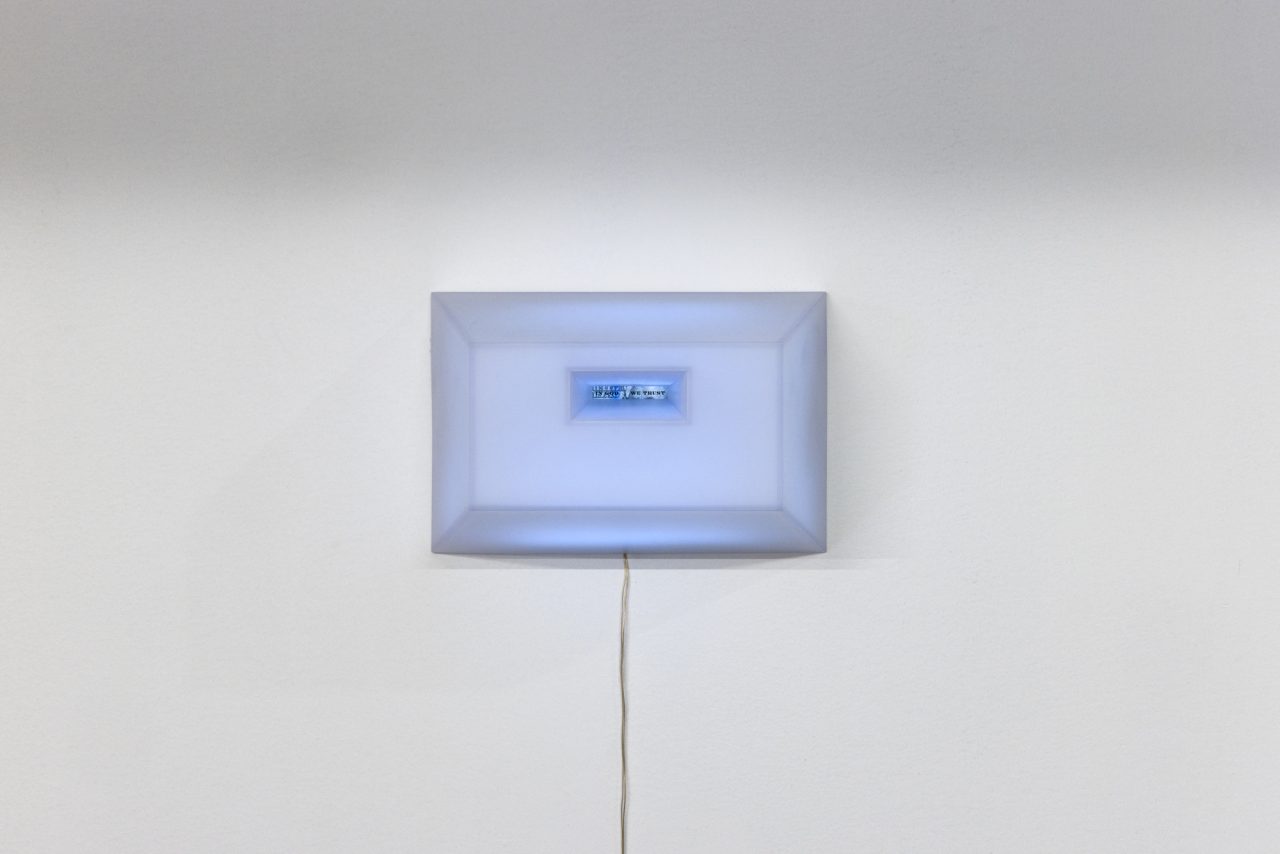
Joy LI
View
26 x 17 x 12 cm
2024

Joy LI
You Could Have Done It. Why Didn’t You?
74.9 x 7.5 x 2.5 cm
2024
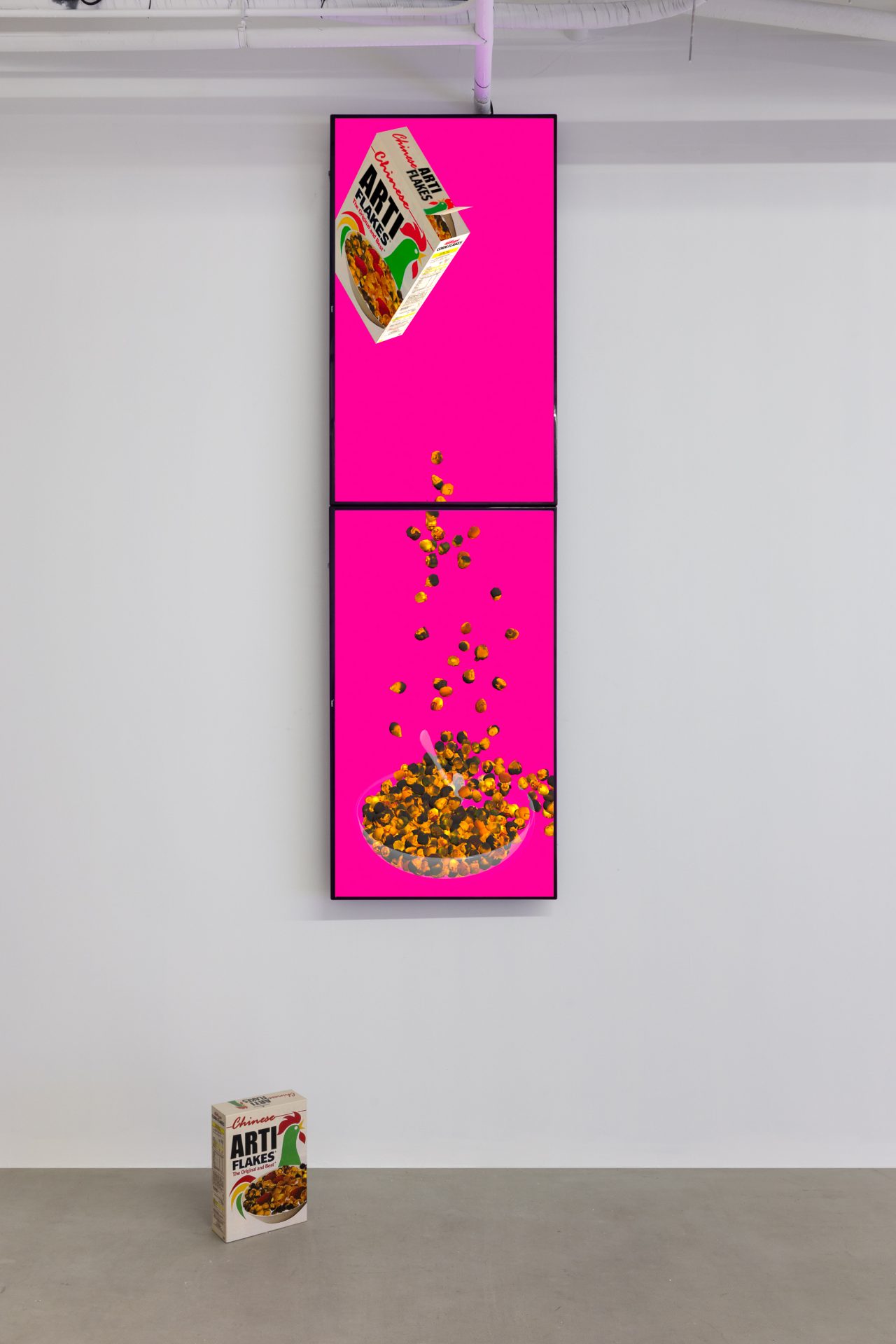
XIA Han
Arti Flakes
2024

XIA Han
The Chinese Art System Is Disabled
200 x 15 cm
2024

XIA Han
There Really Is No such Things as Art. There Are Only Artists.
190 x 5 cm
2024
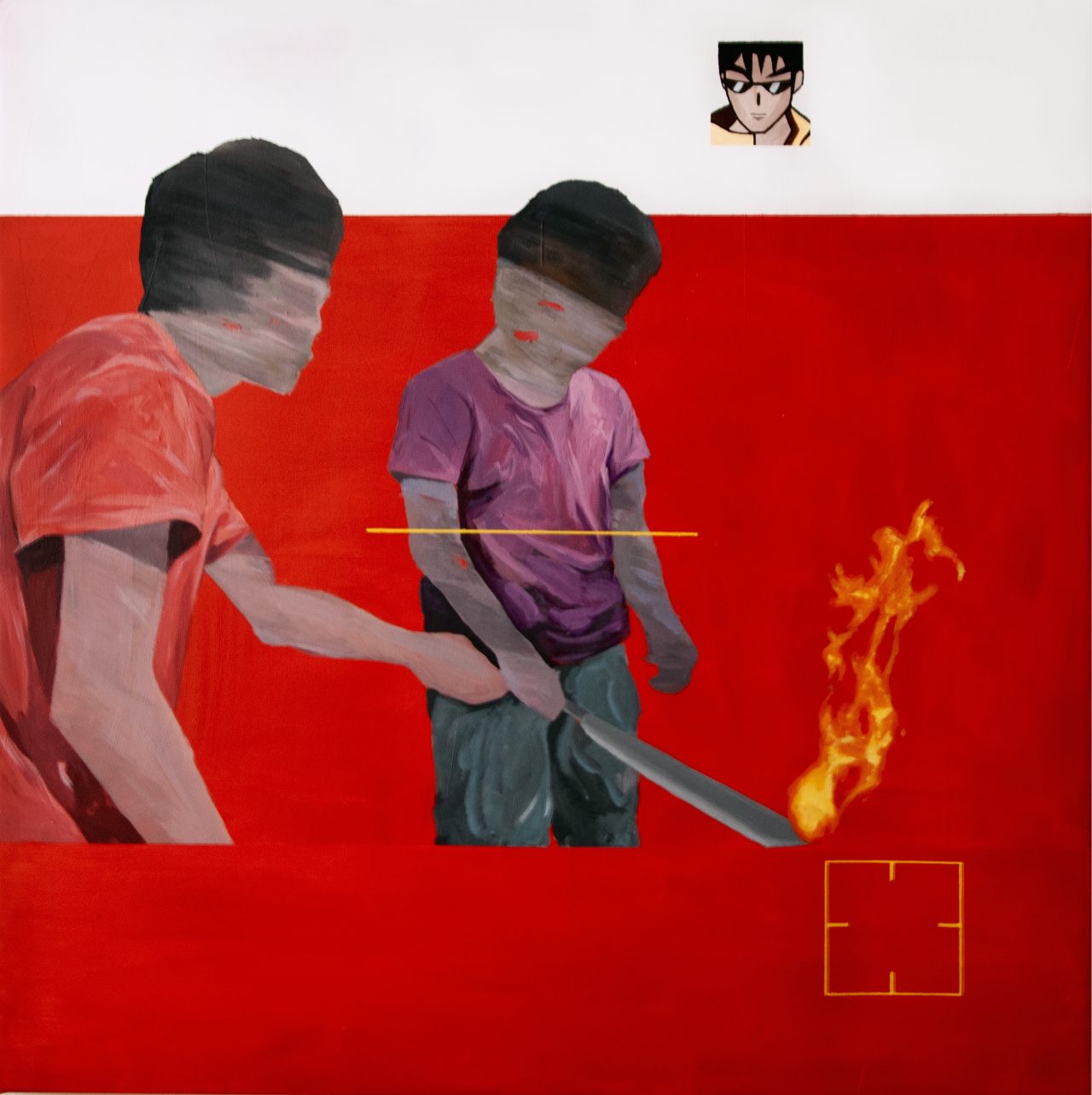
LI Xianglong
Swim Around
101.6 x 101.6 cm
2024
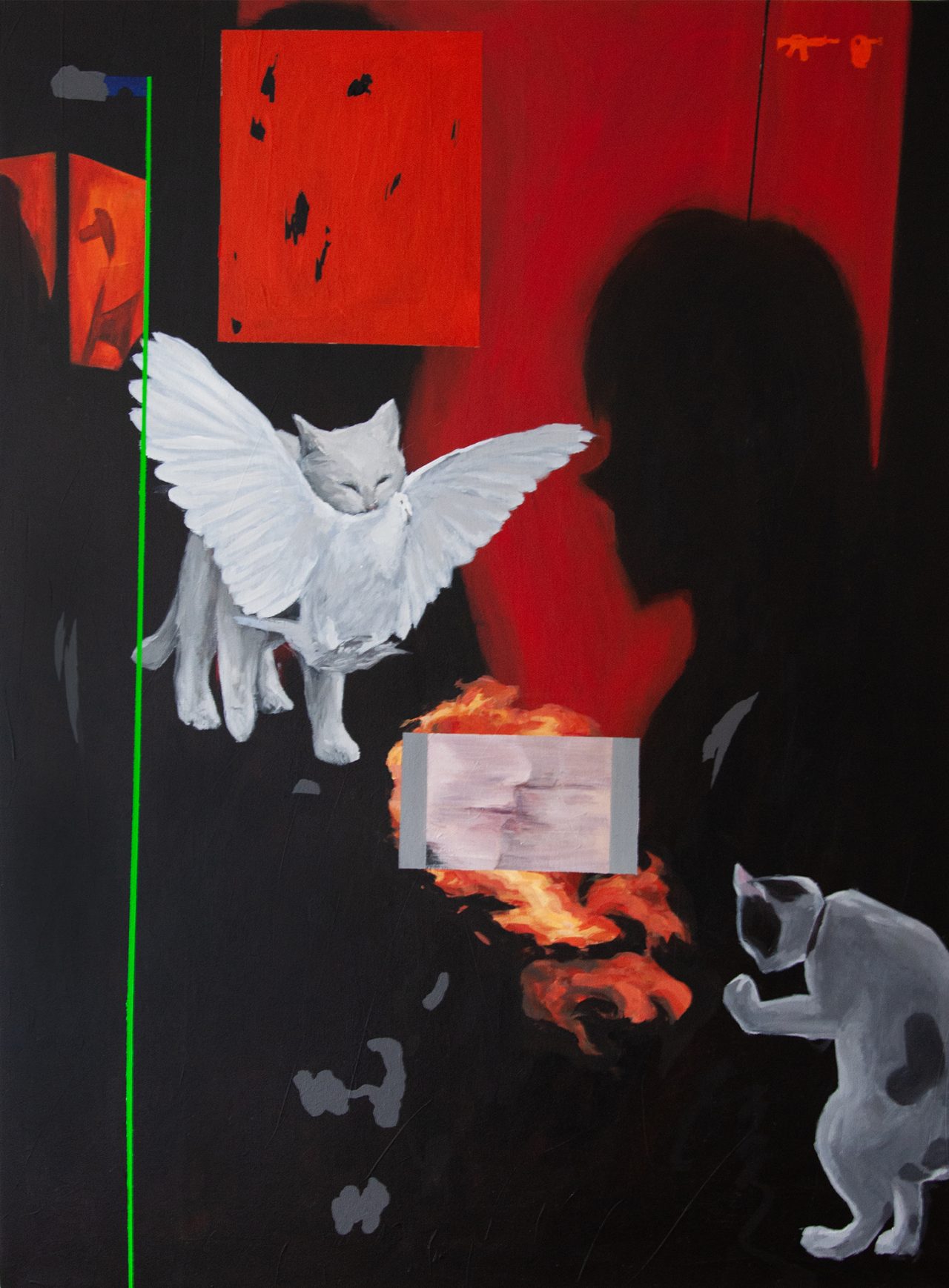
LI Xianglong
Guardian Spirit
91.4 x 121.9 cm
2024


